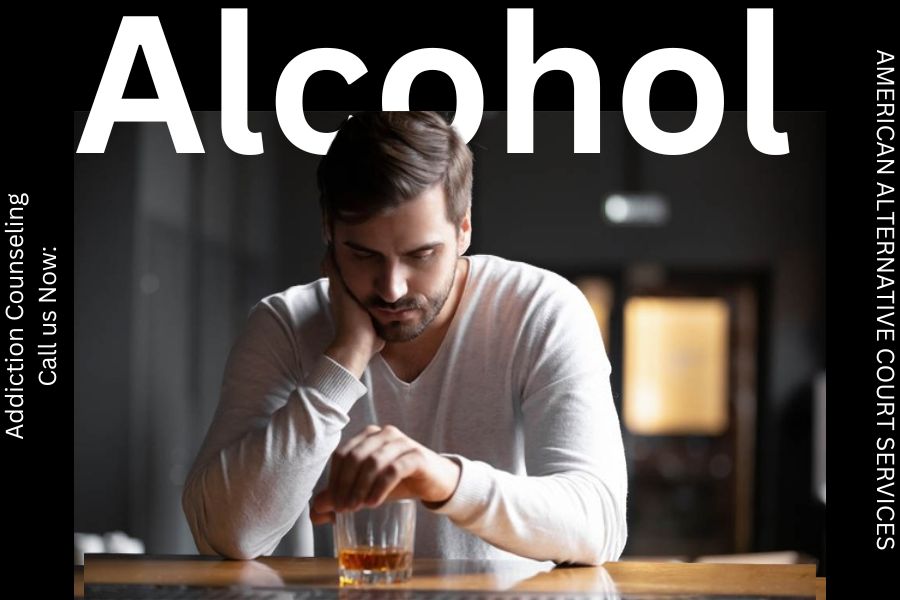Introduction
Applying for an immigration waiver can be overwhelming. For many families, success depends on more than legal documents. A mental health evaluation—sometimes called an immigration psychological evaluation—can be the difference between approval and denial.
In 2025, USCIS continues to recognize hardship waiver mental health assessments as critical evidence. These evaluations help demonstrate the emotional, psychological, and financial impact that separation or deportation would have on U.S. citizen or lawful permanent resident family members.
What Is an Immigration Psychological Evaluation?
An immigration psychological evaluation is a professional mental health assessment completed by a licensed clinician. It provides detailed insight into the emotional and psychological impact of immigration challenges on the applicant and their family.
These reports are often required in cases involving:
- Extreme hardship waivers
- Asylum applications
- VAWA petitions (Violence Against Women Act)
- U visas for crime victims
- Cancellation of removal proceedings
Immigration Hardship Waiver Evaluations: What You Should Know in 2025
Why Mental Health Evaluations Matter for Immigration Waivers
1. Demonstrating Extreme Hardship
USCIS requires strong evidence that deportation or denial would cause extreme hardship to family members. A hardship waiver mental health assessment documents depression, anxiety, PTSD, or other conditions caused by family separation.
2. Strengthening Legal Cases
Immigration attorneys often rely on USCIS mental health reports to support arguments in court or waiver petitions. A professional evaluation can validate claims that would otherwise be dismissed as subjective.
3. Showing Impact Beyond Finances
While financial hardship is important, USCIS also considers emotional well-being. A psychological evaluation highlights the human side of the case, showing how family members would suffer emotionally if the waiver is denied.
What USCIS Looks for in Mental Health Reports
For an evaluation to be effective, it must:
- Be written by a licensed mental health professional
- Include a detailed history of the applicant and family members
- Provide clinical findings and professional diagnoses (if any)
- Explain the connection between deportation and emotional hardship
- Offer clear, evidence-based conclusions
Court-Ordered Substance Abuse Assessment: What to Expect
How Evaluations Support Hardship Waivers in 2025
Immigration laws change, but the role of psychological reports remains consistent. In 2025, mental health evaluations are still one of the strongest tools applicants can use to prove hardship.
Benefits include:
- Giving judges and officers credible evidence from licensed experts
- Documenting how children, spouses, or parents would suffer
- Providing a professional voice that supports the attorney’s case
USCIS Policy Manual on Extreme Hardship
Steps to Get a Hardship Waiver Mental Health Assessment
- Consult Your Attorney – Ask if a mental health evaluation would strengthen your case.
- Choose a Licensed Provider – Make sure the evaluator has experience with immigration cases.
- Attend the Evaluation – Be honest and thorough during the interview process.
- Submit the Report – Your attorney will include the USCIS mental health report in your waiver application.
Conclusion
In 2025, mental health evaluations for immigration waivers remain a critical part of building a strong case. Whether you need an immigration psychological evaluation, a hardship waiver mental health assessment, or a USCIS mental health report, these evaluations provide powerful evidence that legal documents alone cannot.
By investing in a professional evaluation, you give your case the best chance of success—and protect your family’s future.
Schedule Your Immigration Psychological Evaluation with AACS Atlanta

















